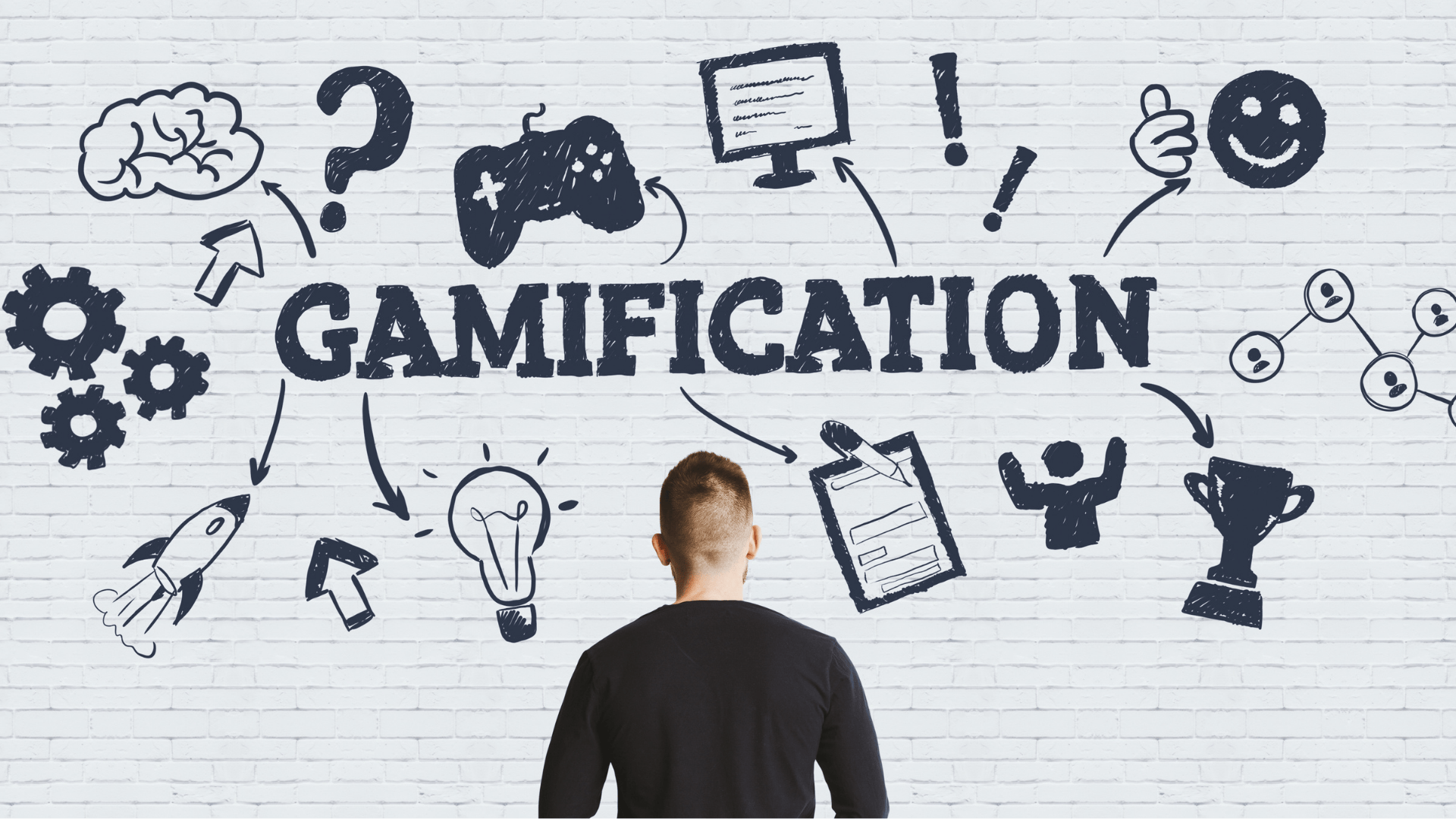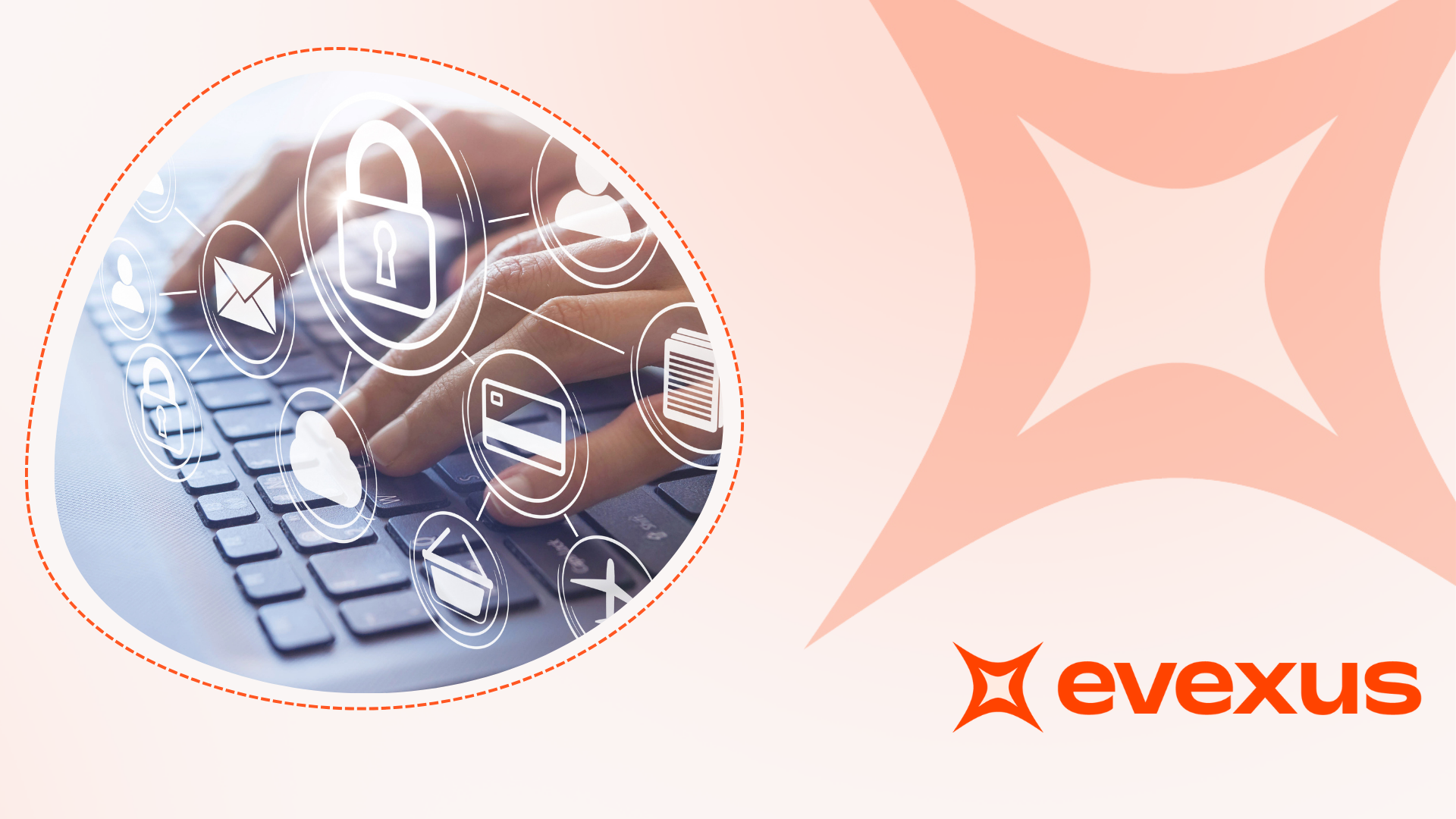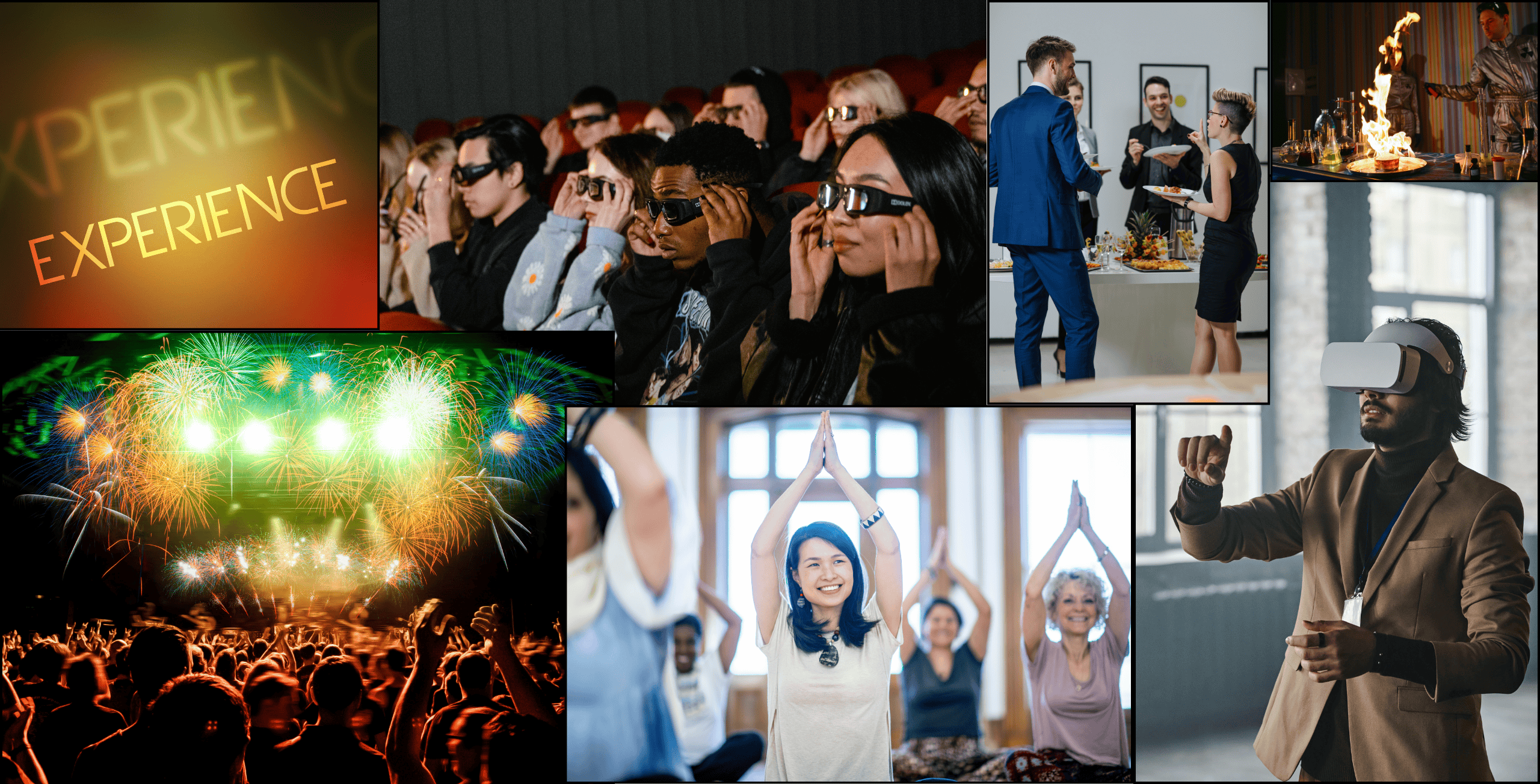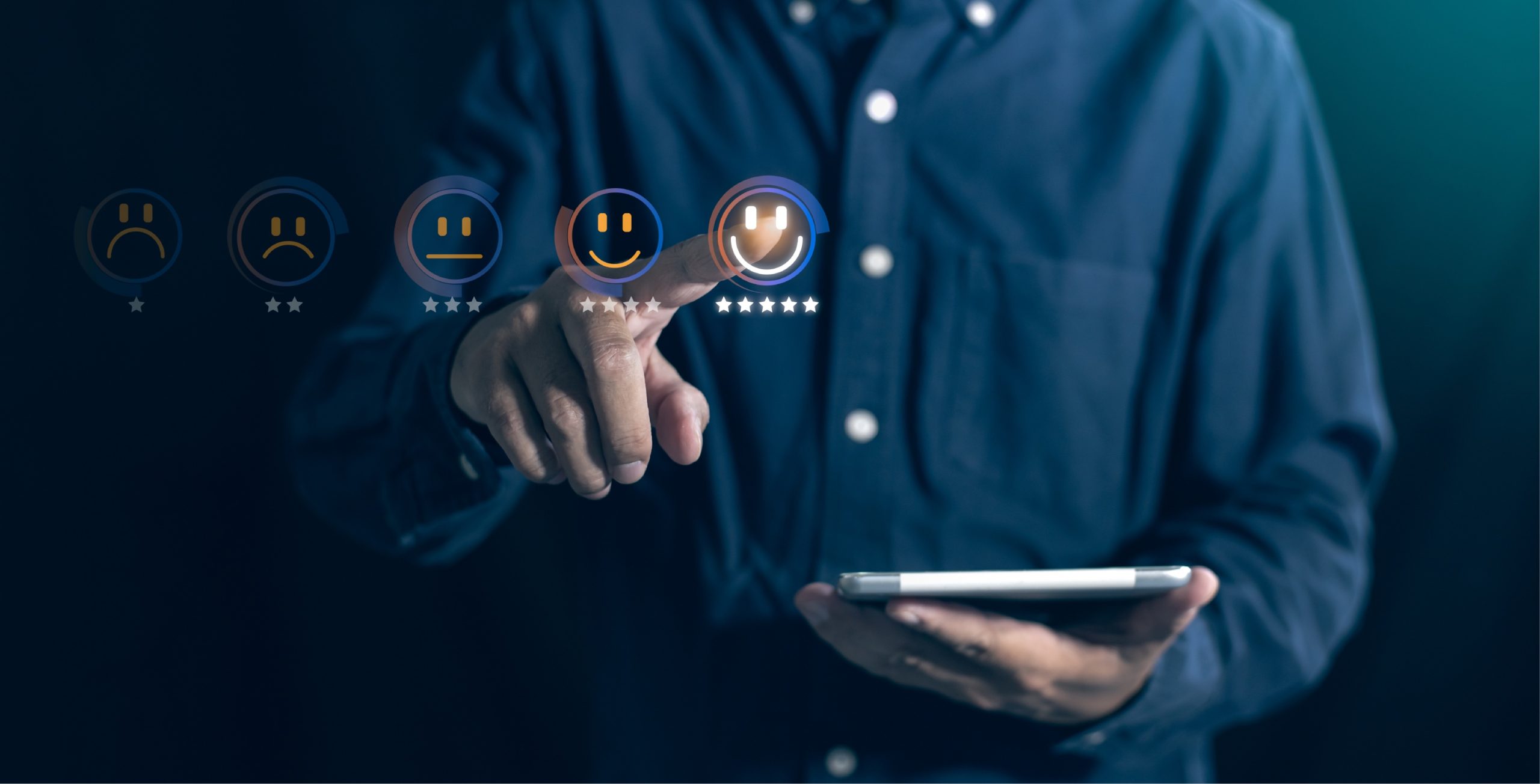
Gamification has been around for a while now, but for some, it’s still a new concept.
While some disciplines, like education, have embraced the opportunities offered by gamification, others are yet to fully realise its potential.
In this article, we explore what it is, how it works and how you can use event gamification to boost your attenee experience.
What is gamification?
At its core, gamification is the use of game-like elements and mechanics in non-game contexts.
It’s said that it works by leveraging people’s innate competitive spirit and desire to achieve rewards to encourage them to act in a particular way.
Industries like education, training, health and marketing have all made great use of this method to drive engagement and elevate user experience.
In fact, it’s hard to look far in today’s world without coming across gamification examples.
For instance, many of us are familiar with streak counters, like those used by Wordle or the language learning app Duolingo.
By tracking the number of days in a row a user has played the game or completed a lesson, these counters encourage people to return each day to continue their ‘streak’.
Another gamification example comes from mindfulness and meditation app Headspace. This app deploys gamification through achievements, which are doled out for completing certain tasks and can be shared on a user’s social media account.
As far back as 2013, Deloitte was using gamification to drive engagement with its in-house leadership academy. Adding gamified elements like missions, badges and leaderboards to their online training platform saw the consulting giant achieve a massive 37% increase in weekly users.
Is gamification really that effective?
So, everyone seems to be on board the gamification train — but does it really make that much difference to the user experience?
Science says it does, and in a number of ways.
- Gamification has been shown to enhance motivation: When people are presented with fun ways to achieve goals, allowing them to receive immediate feedback, positive reinforcement, and guided paths, their engagement is boosted, and they are encouraged to continue their behaviour in the pursuit of new rewards.
- Gamification increases knowledge retention: In a study of students, gamified educational experiences positively impacted their ability to learn and retain new information, regardless of age or gender.
- Gamification has a positive social aspect: This can be due to social comparison, where we see our own performance alongside other people’s, or social norming, where we connect with others over a shared goal.
- Gamification adds fun and enjoyment to otherwise basic activities: Pleasurable activities cause our brains to release dopamine, which isn’t just the ‘feel-good’ hormone but plays a vital role in memory, motivation, attention, mood and more.
There’s even specific evidence to back up the idea of event gamification. Researchers found that gamified elements can increase word-of-mouth intentions, participation and emotional commitment for event attendees.
What’s more, when it comes to online events, gamification can help overcome and mitigate feelings of disconnect for virtual attendees. Not only that, but it’s also been seen to increase their attention, elevate their sense of participation in a ‘real life’ experience and boost their perception of event authenticity, all of which had positive impacts on behaviour.
Of course, as some researchers have pointed out, gamification itself isn’t a panacea for engagement and motivation. Instead, the trick lies in design — choosing the right elements for the right audience at the right time.
Gamifying your events
Luckily, it doesn’t have to be hard to get the benefit of event gamification.
If you’ve not deployed gamification in your events before, it might be a good idea to start at the smaller, low-tech end of things. Then, once you’ve had time to experiment and see what works for your audience, you can begin taking larger steps.
Here are some of the most common event gamification approaches you might consider applying to your upcoming events.
Quizzes and games
One of the easiest ways you can introduce gamification to your event is through quizzes and games. In fact, it’s likely you’ve used some already.
These can include trivia sessions and online or in-person quizzes, which can be tied to the topic or presentation they’re aligned to.
Alternatively, scavenger hunts are a popular option and are particularly good for encouraging attendees to visit different booths or displays.
Offering points, swag or prizes for activities like the above will likely improve both participation and engagement with the activities and your event overall.
Leaderboards and rankings
Tapping into your attendees’ competitive spirit is a great way to drive positive behaviours, which is why leaderboards and rankings are such a popular choice.
For example, evexus’ event management software allows you to build a gamified experience, where you can incentivise participation through a points system.
Attendees can then compete for places on a leaderboard, which can be displayed on the event platform and attendee app.
To add a deeper element, you can make points redeemable for prizes such as sponsor swag.
Interactive content
If you want to boost engagement, adding interactive content is a great way to do this.
Polls are particularly popular, especially for online or hybrid events, as they allow your audience to take part in the discussion.
You can enhance the gamification further by giving points or prizes to attendees who engage with interactives.
Social contests
Event gamification can also be a great way to boost your event’s social media presence.
You might consider creating a hashtag game where you offer incentives to those using your event’s hashtag. For example, some conferences offer attendees a prize for the most creative photo.
Find out more
At evexus, our event management software does more than help you seamlessly manage your events. From gamification to live captioning and beyond, we’re dedicated to giving you the best event management experience possible.
Find out more on our website or book a demo today.








